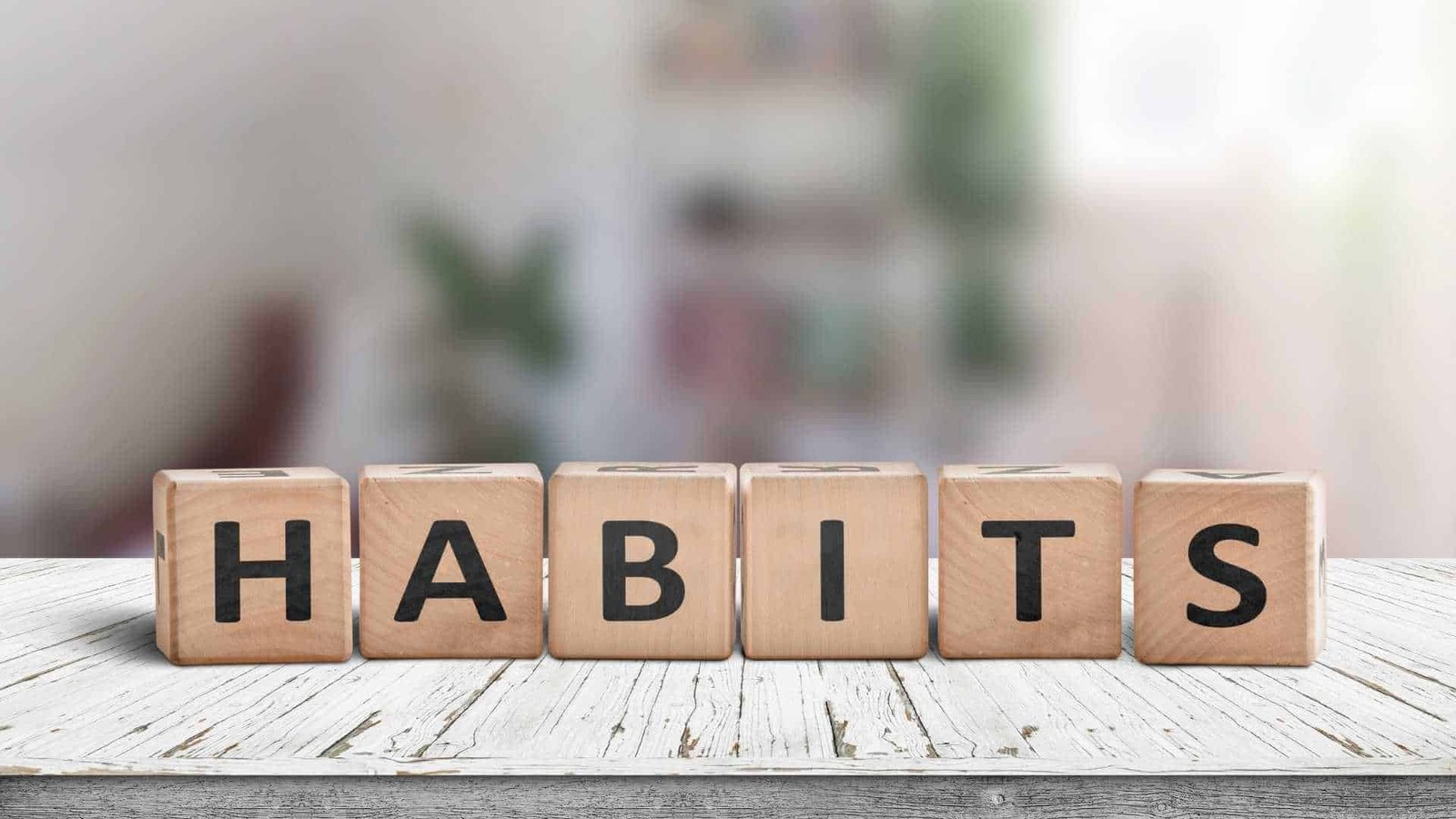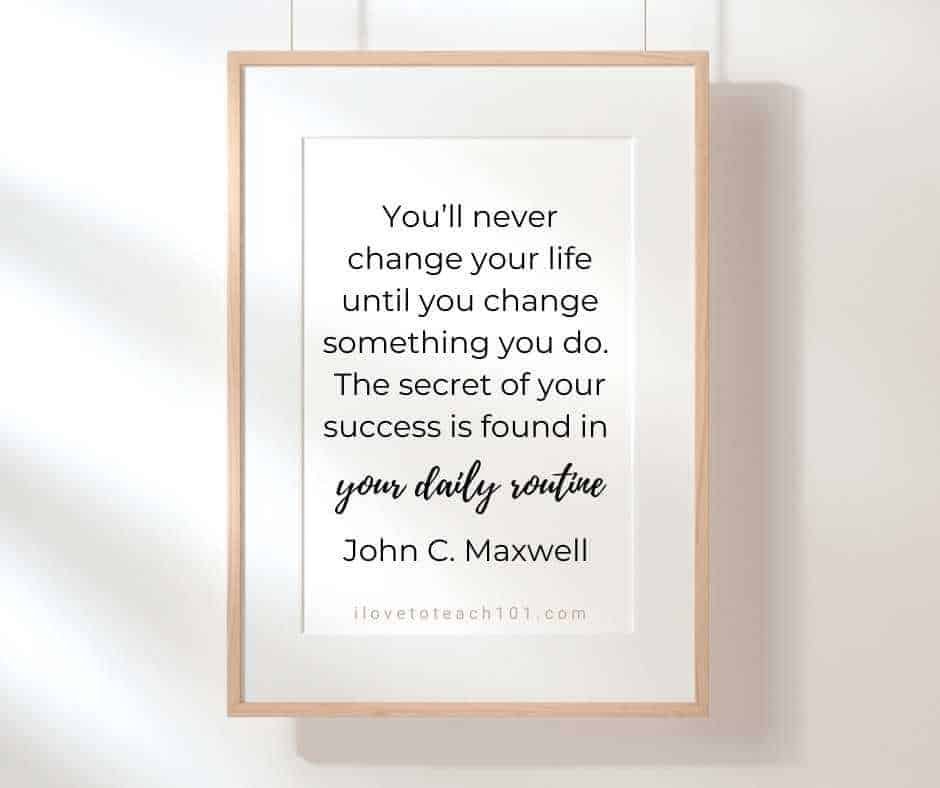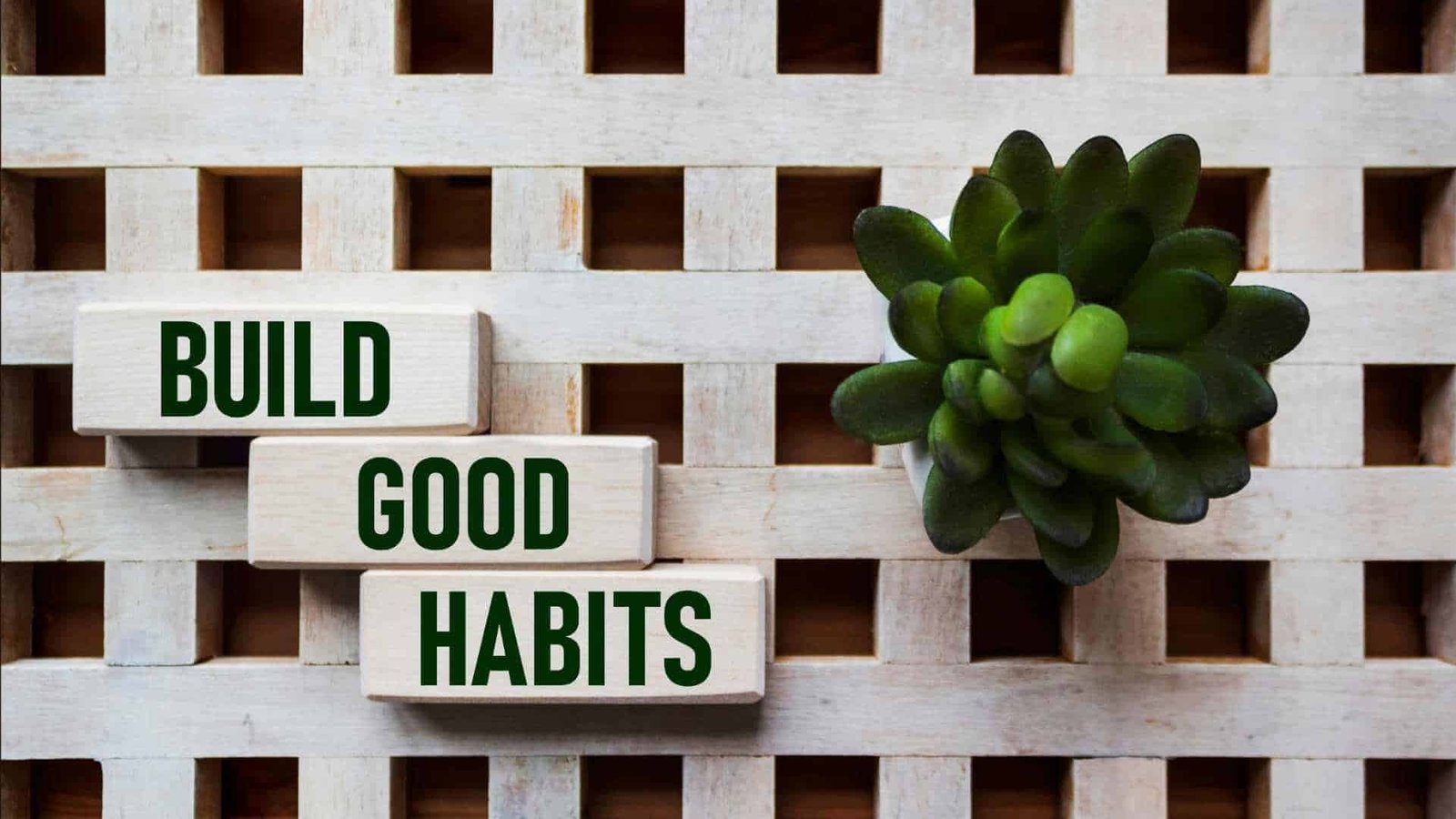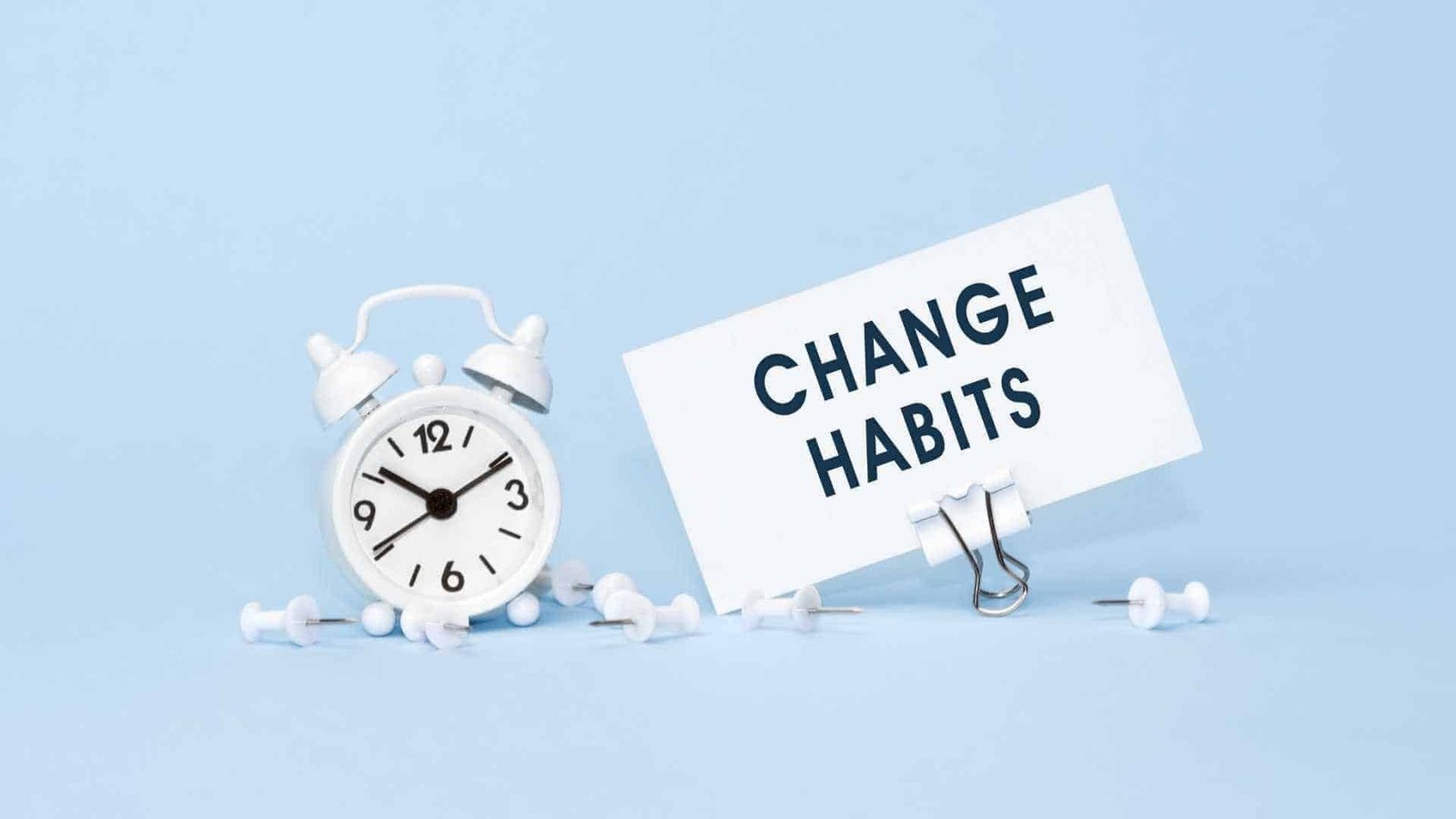How to Form a Good Habit That Sticks in Just 66 Days

We are all creatures of habit, yet learning to form a good habit can feel like an uphill battle. Why do some people seem to be more successful than others? It’s not because they were born with superpowers—it’s because they know how to form a good habit and make it last.
The secret? Tying a new habit to an existing one. This simple strategy cuts the effort in half, making it much easier to follow through.
What is a habit that lasts?
Most of the habits we have happen subconsciously. You don’t think about brushing your teeth, making the bed, or driving to work—it’s automatic. But when trying to form a new habit, we suddenly become aware of our actions.
For example, if you want to keep your classroom organised, you need to habit-stack a small daily task, like tidying up before leaving for the day. Over time, this will feel just as automatic as turning off the lights before you leave.
How long does it take to form a good habit?
Many believe it takes 21 days to form a good habit, but research suggests it actually takes an average of 66 days for a new behaviour to stick. That’s just over two months—completely achievable with consistency!

7 Easy Steps to Form a Good Habit
✔ Identify the habit you want to form
Start small. Maybe you want to declutter your desk, set aside time for planning, or get better at responding to emails on time. Be specific about what you want to change.
✔ Stop procrastinating
Putting things off makes them seem harder than they are. The best way to break this cycle? Take the first small step. Cleaning just one part of your desk takes only five minutes, but it builds momentum!
✔ Know your triggers
If stress makes you grab your phone and scroll instead of working on reports, recognising this trigger is the first step to changing it. Find a replacement habit—like taking a deep breath or writing one sentence of the report before checking your phone.
✔ Make a plan
Benjamin Franklin mastered habits by focusing on one self-improvement goal per week. His simple plan? List virtues you want to work on and track progress daily. You can do the same with small teaching-related goals.
✔ Visualise and affirm
Instead of seeing a new habit as a chore, visualise the positive outcome. For example, if you struggle with learning new tech, stop blaming the school and start seeing it as a challenge you can conquer.
✔ Find an accountability partner
Having a buddy to check in with makes a huge difference. Whether it’s a teacher friend or a family member, share your goal with someone who can support you.
✔ Reward yourself
Habits stick when they feel good. Celebrate small wins—whether that’s treating yourself to a coffee, taking an extra break, or simply acknowledging the progress you’ve made.

Why Willpower and Discipline Matter
We often expect instant results, but lasting change takes time. The best way to build willpower and discipline is through small, repeatable actions. The best way is to repeat the task or activity until it becomes a good habit. The more you repeat it, the better. The routine becomes second nature. You start to enjoy de-cluttering your classroom and no longer view it as a chore. The benefits to student learning are high. Who wants to work in a mess every day?
If you are determined, it can take 21 days to form a new habit. However, despite popular lore, it takes an average of 66 days for a new behaviour to become a habit.
💡 Tip: When motivation fades, focus on consistency. Even on bad days, doing a little bit is better than doing nothing at all!

Final Thoughts: The Key to Long-Lasting Habits
Changing habits doesn’t have to be overwhelming. The key to form a good habit is stacking small changes onto existing habits, staying consistent, and giving yourself grace. Over time, what once felt difficult will become second nature!
Want to supercharge your habit-building? Check out my post on morning routines—it’s packed with practical tips to help you start your day with focus and energy.
